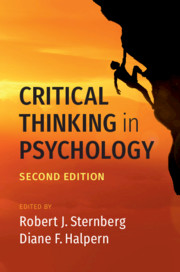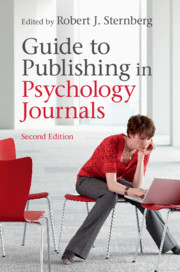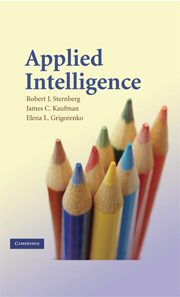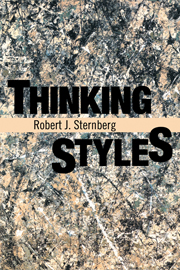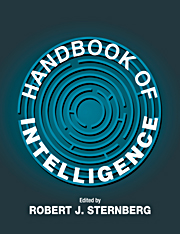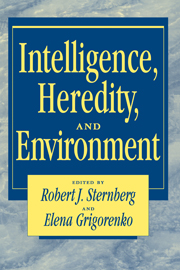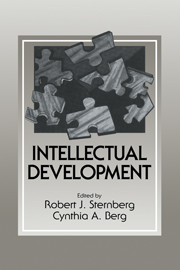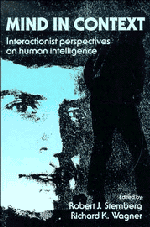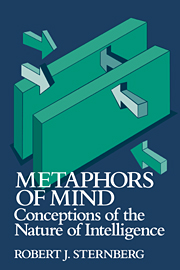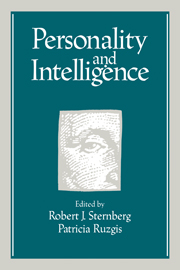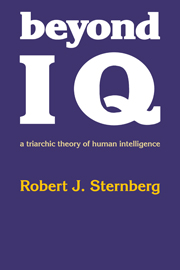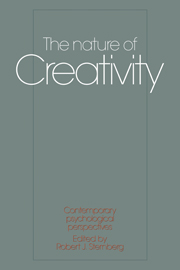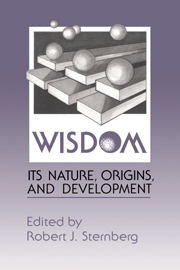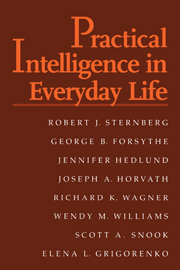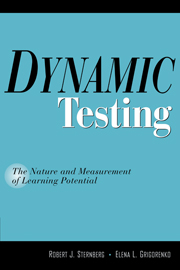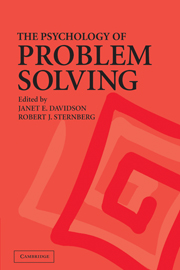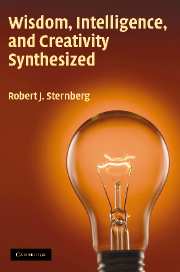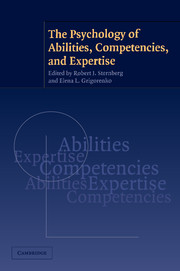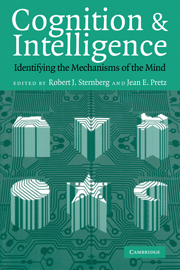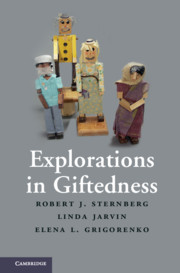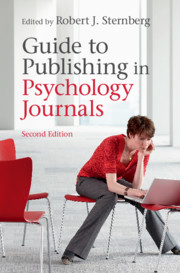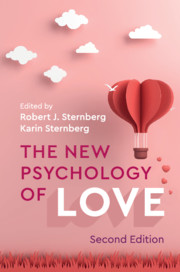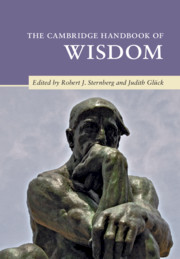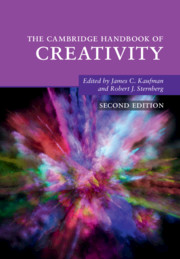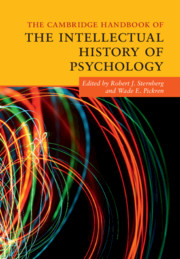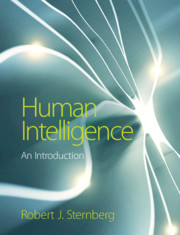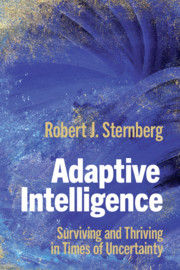Critical Thinking in Psychology
2nd Edition
- Editors:
- Robert J. Sternberg, Cornell University, New York
- Diane F. Halpern, Claremont McKenna College, California
- Date Published: January 2020
- availability: This ISBN is for an eBook version which is distributed on our behalf by a third party.
- format: Adobe eBook Reader
- isbn: 9781108750578
Find out more about Cambridge eBooks
Adobe eBook Reader
Other available formats:
Paperback, Hardback
Looking for an inspection copy?
Please email [email protected] to enquire about an inspection copy of this book
-
Good scientific research depends on critical thinking at least as much as factual knowledge; psychology is no exception to this rule. And yet, despite the importance of critical thinking, psychology students are rarely taught how to think critically about the theories, methods, and concepts they must use. This book shows students and researchers how to think critically about key topics such as experimental research, statistical inference, case studies, logical fallacies, and ethical judgments. Using updated research findings and new insights, this volume provides a comprehensive overview of what critical thinking is and how to teach it in psychology. Written by leading experts in critical thinking in psychology, each chapter contains useful pedagogical features, such as critical-thinking questions, brief summaries, and definitions of key terms. It also supplies descriptions of each chapter author's critical-thinking experience, which evidences how critical thinking has made a difference to facilitating career development.
Read more- Highlights the importance of critical thinking and how to improve it
- Lists key terms with definitions
- Presents a wide range of views on how to understand and increase critical thinking
- Includes pedagogical features which will help students and faculty alike make optimal use of the book
Reviews & endorsements
'Political polarization, healthcare scams, media misinformation - we live in a sea of hustles and biases! What's known about how critical thinking falters and how to do better are the powerful themes of this timely volume.' David Perkins, Harvard University, Massachusetts
See more reviews'Critical thinking is rarely in abundant supply and its apparent death has become particularly salient in a time of 'fake news' and 'alternative facts'. By synthesizing research across the behavioral sciences, this superb book highlights what it takes to think critically, identifies obstacles and opportunities, and offers sage advice. It will be useful for years to come.' Norbert Schwarz, University of Southern California
Customer reviews
Not yet reviewed
Be the first to review
Review was not posted due to profanity
×Product details
- Edition: 2nd Edition
- Date Published: January 2020
- format: Adobe eBook Reader
- isbn: 9781108750578
- contains: 9 b/w illus. 12 tables
- availability: This ISBN is for an eBook version which is distributed on our behalf by a third party.
Table of Contents
1. An introduction to critical thinking: maybe it will change your life Diane F. Halpern and Robert J. Sternberg
2. Nobelists gone wild: case studies in the domain specificity of critical thinking Scott O. Lilienfeld, Candice Basterfield, Shauna M. Bowes and Thomas H. Costello
3. Why science succeeds, and sometimes doesn't Jonathan Baron
4. Critical thinking and the rejection of unsubstantiated claims D. Alan Bensley
5. Promoting critical thinking by teaching, or taking, psychology courses Douglas A. Bernstein
6. Avoiding and overcoming misinformation on the Internet Jason L. G. Braasch and Arthur C. Graesser
7. Critical thinking impacts our everyday lives Heather A. Butler and Diane F. Halpern
8. Research suffers when we all agree: how sociopolitical homogeneity impairs critical thinking in the academy Stephen J. Ceci and Wendy M. Williams
9. When all is just a click away: is critical thinking obsolete in the digital age? Gerd Gigerenzer
10. Critical thinking: promise, progress, and paradox Jane S. Halonen and Dana S. Dunn
11. Evaluating experimental research Henry L. Roediger, III and Jeremy K. Yamashiro
12. Critical thinking as scientific reasoning: examining the power of sports momentum John Ruscio and Kevin Brady
13. Critical thinking in STEM disciplines Robert J. Sternberg
14. Why would anyone do or believe such a thing? A social influence analysis Anthony R. Pratkanis
15. Conclusion: how to think critically about politics (and anything else!) Robert J. Sternberg and Diane F. Halpern.
Sorry, this resource is locked
Please register or sign in to request access. If you are having problems accessing these resources please email [email protected]
Register Sign in» Proceed
You are now leaving the Cambridge University Press website. Your eBook purchase and download will be completed by our partner www.ebooks.com. Please see the permission section of the www.ebooks.com catalogue page for details of the print & copy limits on our eBooks.
Continue ×Are you sure you want to delete your account?
This cannot be undone.
Thank you for your feedback which will help us improve our service.
If you requested a response, we will make sure to get back to you shortly.
×
